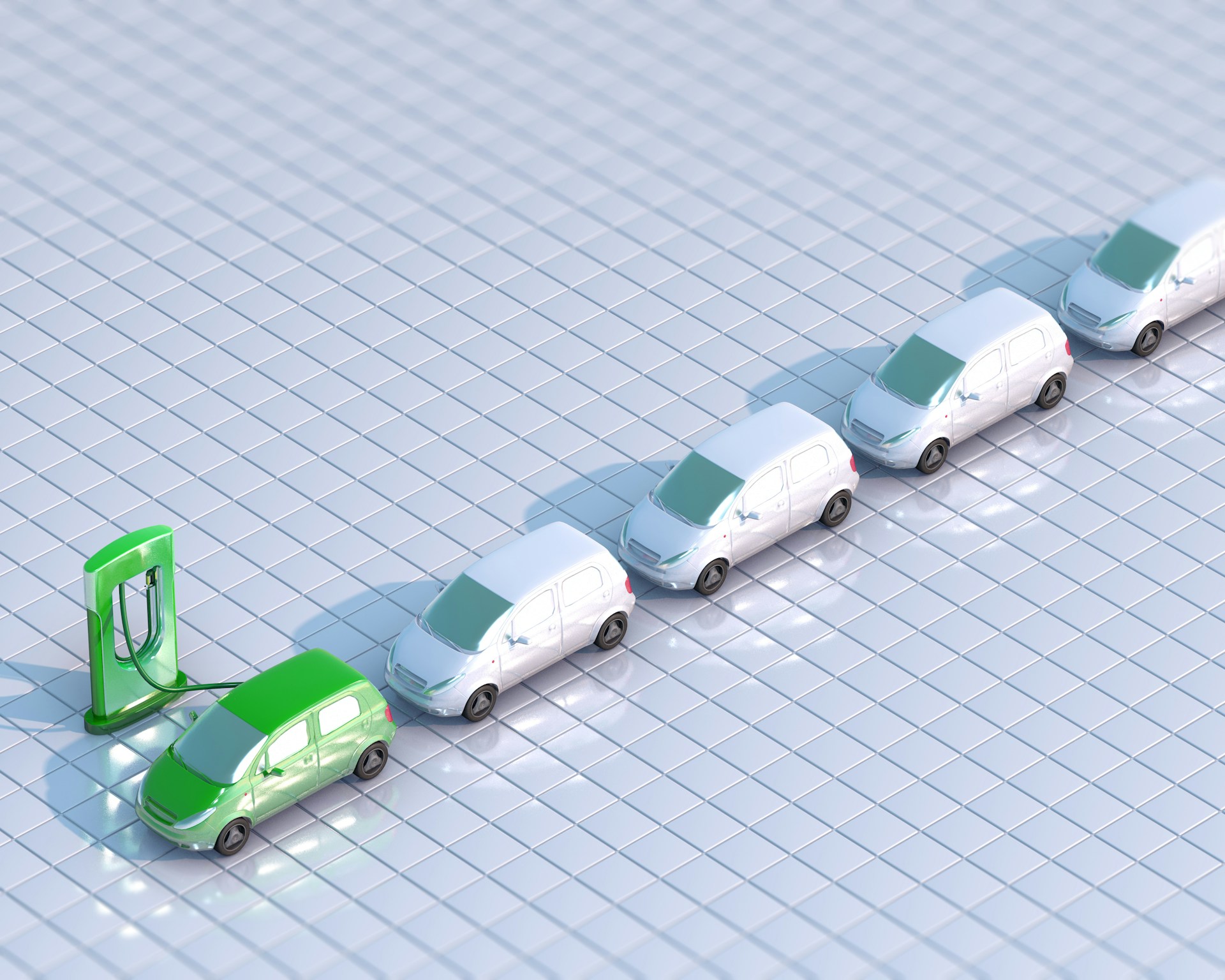
Did you know that transitioning to an electric fleet could save companies up to 30% on operational costs? As the urgency for sustainable solutions grows, businesses are increasingly recognising the transformative potential of electric vehicles (EVs). The journey towards adopting an electric fleet is not just about reducing carbon emissions; it's about embracing an innovative approach to transportation that promotes efficiency and cost-effectiveness. In this comprehensive guide, we will explore the critical advantages of establishing an electric fleet, tackle the intricate process of installing charging infrastructure, and equip you with actionable insights to facilitate this transition. By the end of this post, you will understand not just the hows, but the whys of going electric, allowing you to make informed decisions that support both your business goals and environmental commitments.
Companies are making the strategic shift to EVs because of the significant advantages they bring:
Lower Running Costs – Say goodbye to high fuel prices and frequent maintenance. EVs have fewer moving parts, reducing repair costs and keeping vehicles on the road longer.
Massive Tax Savings – UK businesses benefit from:
Sustainability and Brand Boost – Customers and stakeholders expect businesses to go green. Adopting EVs shows commitment to net-zero goals, enhancing brand reputation and opening new business opportunities.
Smarter Fleet Operations – Modern EVs come with real-time tracking, smart charging, and AI-driven route optimisation, improving efficiency and reducing costs.
Future-Proofing – With the UK phasing out new petrol and diesel vehicle sales by 2030, businesses need to act now to stay ahead of regulations and market trends.
A well-planned charging infrastructure is key to making the EV transition smooth and cost-effective. Here's what you need to consider:
A charging strategy tailored to your fleet’s needs ensures efficiency and prevents unnecessary costs.
7kW Chargers – Ideal for overnight depot or home charging, providing 20-30 miles per hour.
22kW Fast Chargers – Great for fleet depots, adding 60-100 miles per hour.
DC Fast Chargers (50kW-150kW+) – Rapid charging for quick turnarounds, adding 100+ miles in 30 minutes.
Pro Tip: Combining overnight charging with strategic daytime top-ups keeps vehicles running efficiently while minimizing electricity costs.
Not every site has unlimited power. Smart load balancing prevents power overloads, ensuring charging is distributed efficiently across vehicles without expensive grid upgrades.
Your drivers need to be confident using EVs. Key training areas include:
Smart driving techniques (using regenerative braking, steady acceleration).
Best charging practices (when and where to charge for optimal efficiency).
Using telematics data to improve driving habits and battery performance.
Solution: Strategic charging placement + driver education on maximizing EV range.
Solution: Leverage government incentives, tax relief, and leasing options to reduce capital investment.
Solution: Smart load management reduces demand spikes, keeping costs low without expensive power upgrades.
Solution: Training on EV technology, charging habits, and efficiency techniques to build confidence.
The shift to EVs isn’t coming—it’s already here. Businesses that act now will lead the way, benefiting from lower costs, improved efficiency, and a more sustainable future.
At EVC Solutions, we help businesses see what’s possible. Our end-to-end EV fleet solutions include:
Ready to electrify your fleet? Let’s make it happen. Contact EVC Solutions today.
